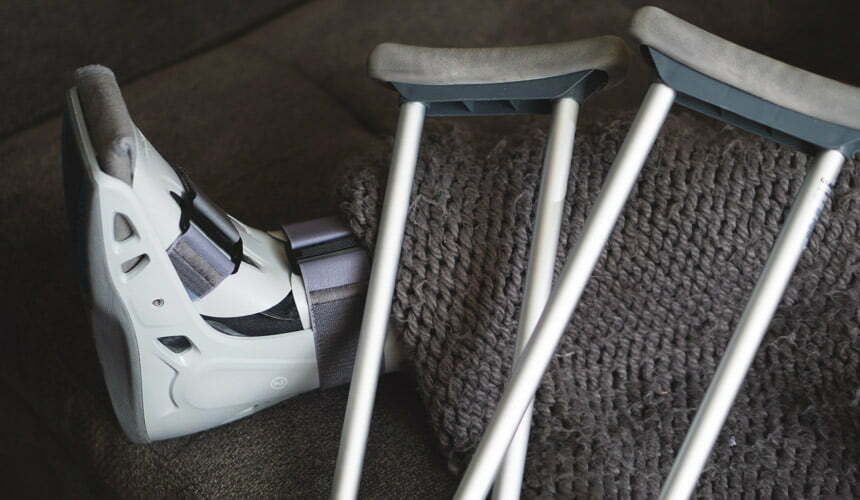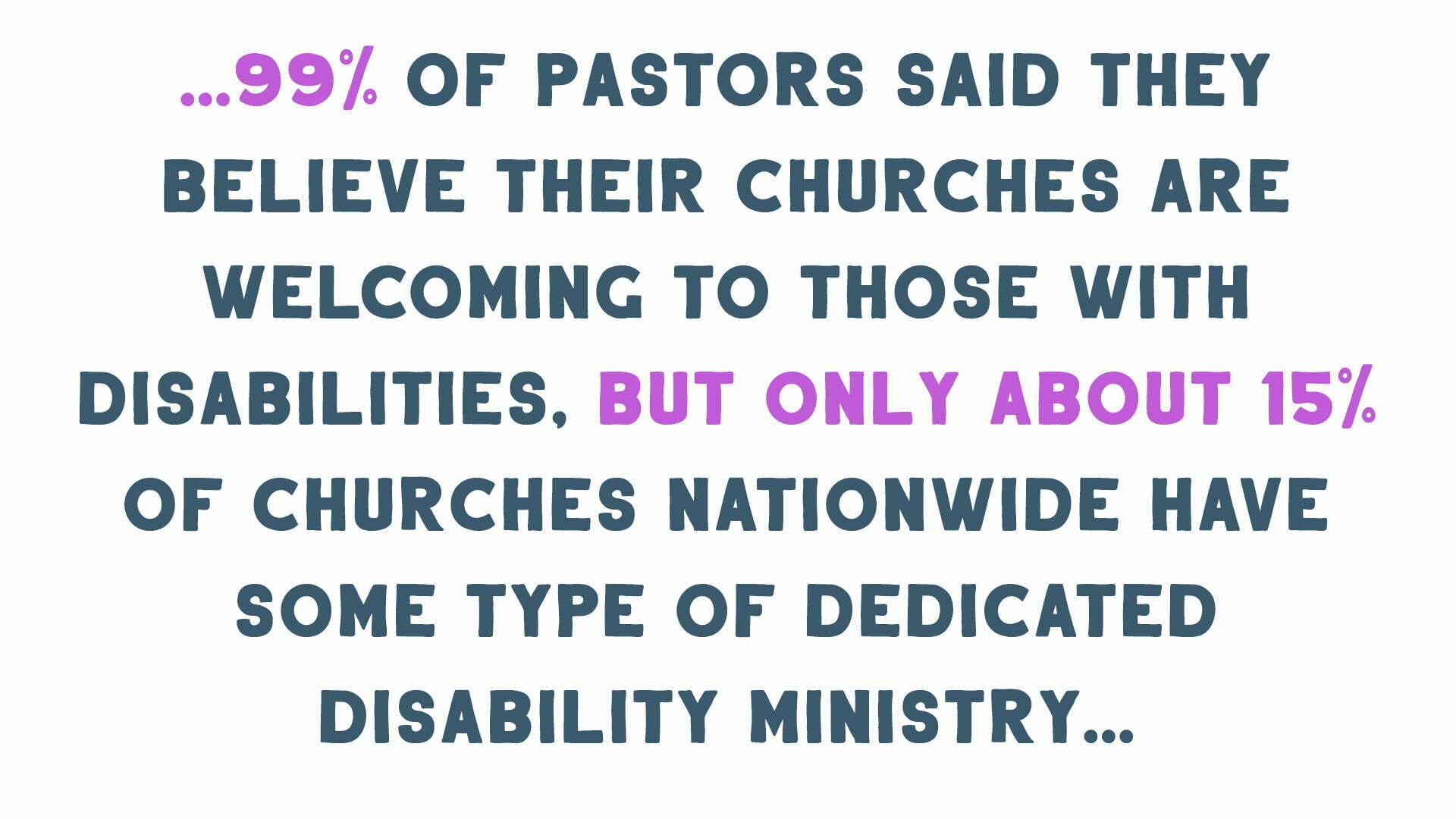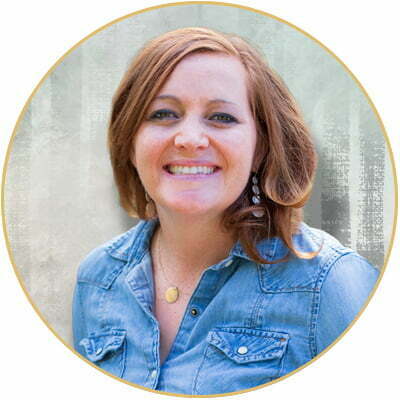

I broke my foot twice in college. Once during an epic semi-final indoor soccer tournament and once during a very routine jog to first base in a co-ed intramural softball game. Altogether, I spent the better part of two months on crutches or in a cumbersome, hard-sided therapeutic boot. I would hobble from the parking lot to my classes, to lunch on the quad, and back again.
I. Was. Slow.
Much of my tortoise-like pace I attributed to newfound accessibility challenges. How would I find a seat in my large lecture hall for history class? Did I know where the elevators were so I could get to the computer lab to print my essay (since my printer at home never, ever seemed to work)? How would I get up to the video platform to work my scheduled shift recording the women’s softball game? Oh, and now it’s scheduled to rain. Questions like that filled my mind each and every second of the day. I was constantly strategizing and making contingency plans in the off chance the elevator was out of order that day or I was caught in a rainstorm atop a video platform with slick metal stairs. I learned later on that living as a person with ADHD and OCD, and living as a parent of children with disabilities, those kinds of accessibility challenges would present themselves nearly every single day in nearly every single aspect of life. They range from the temporal (i.e. when my child, who still needed a five-point harness, outgrew the age and weight range of a traditional car seat) to the systemic and devastating (i.e. the fact that persons with disabilities experience higher levels of underemployment and unemployment than the non-disabled population).
It is as though sometimes, and perhaps many times, the world is not oriented to those with disabilities and can seem wholly inaccessible. But church–my church, your church, every church–can be different. We can become places of accessibility if we begin to view ourselves as communities ordained to include society’s marginalized.
A beloved pastor friend of mine recently posed the question “what is the purpose of the church?”. I reflected for a moment and concluded that the church exists as a way for us to connect with God through divinely inspired fellowship. At the risk of appearing reductionistic, the church does what other communities cannot. I belong to many communities. I help lead a national service-oriented organization for youth in my town. I am a Little League parent and a soccer mom. I hang out at my local pool in the summer with other pool parents chasing almost swimmers in life vests and coast guard-approved floatation devices.
While I belong to many communities, the church is the ONLY community that is centered around the mutuality of a relationship with Jesus. Jesus Himself was, and is, a big fan of community. There are many examples all throughout the Bible that highlight this point. Though He was certainly capable of doing so, He did not minister alone. Jesus called twelve disciples who would assist in carrying out the Good News all throughout Jerusalem, Judea, and Samaria. This rag-tag band of generally unheralded humans collectively inspired many others to continue to share the saving message of the Gospel around the world. And though Jesus was born in a barn, shepherds, angels, and wise men rejoiced alongside Jesus’ teenage mother and unwed father. This unlikely community of revelers joined together to celebrate the birth of the Messiah. At the time when many New Testament churches were facing constant divisive threats externally and internally, Paul spent the formative years of his life post-conversion urging these churches to stay close to the things of God. The power and strength of the Trinity is what unifies our community and affirms each member of our community. It is at this juncture where the church opens its doors to the marginalized and takes seriously matters of accessibility.
So why is it still, that though our country is full of churches, those with disabilities attend church at a much lower rate than those without disabilities? It is because the church oftentimes presents the same accessibility challenges, or more accessibility challenges, like the other communities we find ourselves in. In a recent study, 99% of pastors said they believe their churches are welcoming to those with disabilities, but only about 15% of churches nationwide have some type of dedicated disability ministry.

How do we welcome those with disabilities into a community that is not taking their individual needs into consideration? Autism doesn’t operate on a 9-5 workweek schedule. Chronic pain doesn’t stay home when the person affected hops in the car to drive to church. ADHD doesn’t get folded up and placed neatly on top of the towel in the linen closet for two hours every Sunday morning when a person is at church. Disability, for the most part, is All. The. Time. Sundays included.
While my broken foot eventually healed (twice), I have since seen and experienced firsthand a world that is too often unkind, unaware, and unwilling to make itself accessible. As divinely unified and inspired communities, let us orient ourselves to those who are disproportionately impacted by that world and create a different kind of community that affirms and includes the ENTIRE body of Christ.
If this resonates with you, but you are unsure of where to even begin, schedule a time for a free consultation with us to begin this transformative work in YOUR congregation. We can not wait to connect with you!


